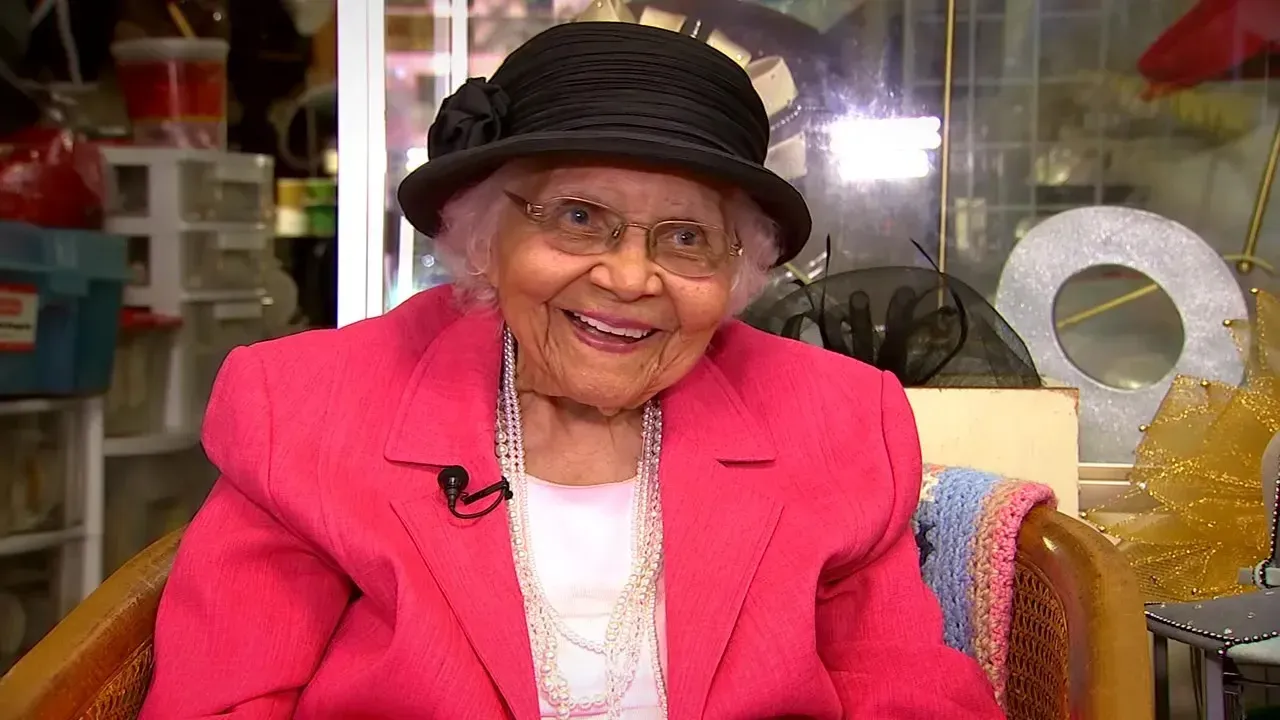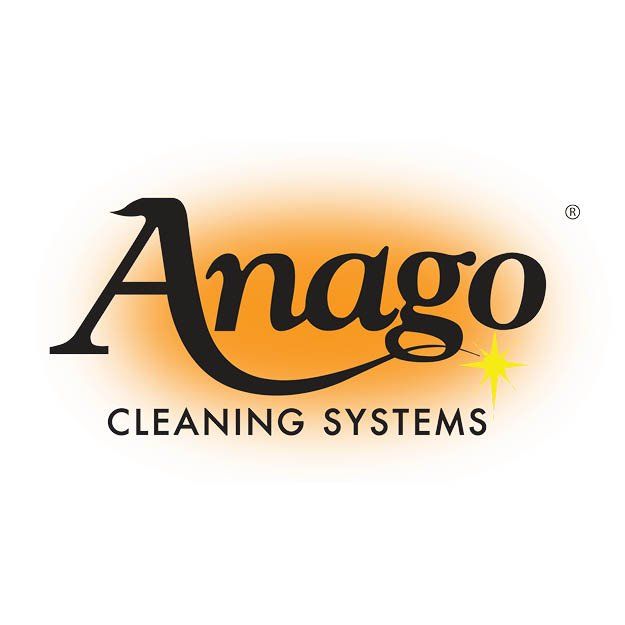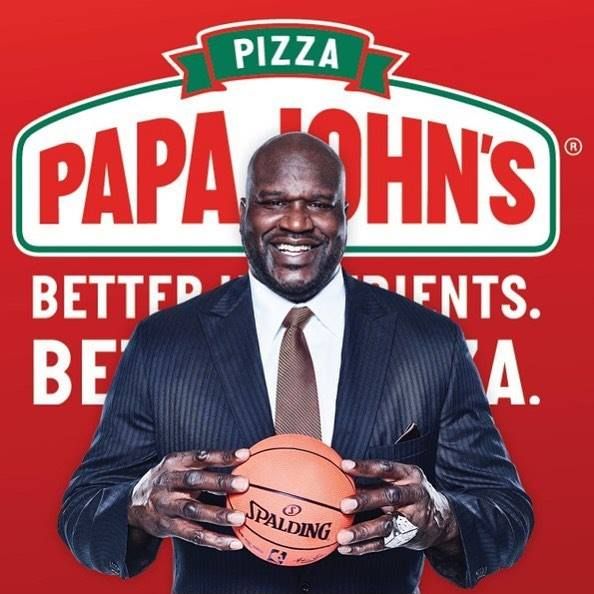The 5 Myths of Owning a Senior Care Franchise in 2025 – and the Truth!
The senior care industry in 2025 is experiencing record growth—and with it, a wave of interest in franchise ownership. America’s aging population is at an all-time high, with millions of families seeking solutions that allow loved ones to age safely and comfortably. This demand fuels three major franchise categories:
- In-Home Medical Care Franchises – Providing skilled nursing, therapy, and clinical services at home.
- In-Home Non-Medical Care Franchises – Delivering companionship, help with daily activities, transportation, and personal care.
- Senior Care Referral Franchises – Assisting families in finding the right care option (home care, assisted living, memory care) and earning fees or commissions from providers.
While opportunities are abundant, myths still circulate that confuse or deter potential owners. Let’s break down the five most common myths—and learn the truth.
Myth 1: “The senior care industry is oversaturated—there’s no room left to succeed.”
Why people believe it: A quick search shows multiple home care agencies in most cities, advertising across billboards, Facebook, and Google. It’s easy to assume the market is already full.
The reality: The demand for senior care is not just growing—it’s outpacing supply. Even in cities with several providers, there are still waitlists for quality care, particularly in specialized services.
- In-Home Medical Care: Hospital-at-home programs, early discharges, and chronic condition management have created new demand that existing providers can’t fully service.
- In-Home Non-Medical Care: As more families opt for aging in place, the need for companionship, daily living assistance, and respite for family caregivers is skyrocketing.
- Senior Care Referral Franchises: With so many options, families often feel overwhelmed. Referrals remain crucial for connecting people to trustworthy, vetted care.
Owner takeaway: The market isn’t “too crowded”—it’s under-served in terms of quality, specialization, and reliability. The right positioning still wins market share quickly.
Myth 2: “You need to be a healthcare professional to own a senior care franchise.”
Why people believe it: The words “senior care” and “medical” naturally conjure images of nurses, therapists, and doctors running the business.
The reality:
- In-Home Non-Medical Care Franchises: No clinical license is required. Your focus is on recruiting caregivers, ensuring quality service, managing schedules, and building community relationships.
- Senior Care Referral Franchises: No medical background is necessary. Success here is more about understanding the needs of families and their seniors, networking, sales, and understanding the local provider landscape than hands-on care.
- In-Home Medical Care Franchises: Regulations vary by state, but in most cases, the owner does not have to be the licensed clinician. Instead, you hire or contract with medical directors, RNs, or other required professionals.
Owner takeaway: Your role as an owner is leadership, customer service, business development, and operations management. The clinical expertise comes from your team, not necessarily from you.
Myth 3: “Senior care is cheap to start because you don’t need expensive equipment or a storefront.”
Why people believe it: Compared to restaurants or gyms, senior care seems “asset-light.” No ovens, treadmills, or major construction—so it must be cheap.
The reality: While you don’t have heavy equipment costs, you do have people-heavy and compliance-heavy expenses.
- In-Home Medical Care: Higher startup investment due to licensed staff recruitment, advanced care documentation software, medical equipment (as required), and rigorous regulatory compliance.
- In-Home Non-Medical Care: Licensing in some states, recruiting, onboarding, training, caregiver wages, insurance, and scheduling technology are your main costs. You also need enough working capital to cover payroll while waiting for client payments.
- Senior Care Referral Franchises: Generally lower overhead, but they require significant marketing and relationship-building investment to generate consistent referral fees.
Owner takeaway: Don’t confuse “no storefront” with “low capital needs.” Working capital—especially to fund payroll and marketing during the first 6–12 months—is critical for success.
Myth 4: “Technology and AI will replace the need for human caregivers.”
Why people believe it: In 2025, headlines are full of AI companions, remote patient monitoring, smart home devices, and telehealth solutions.
The reality: Technology is transforming care delivery, but not replacing the human element.
- In-Home Medical Care: Telehealth, remote monitoring, and AI-driven care coordination make services more efficient, but skilled nurses, therapists, and aides remain essential for hands-on care.
- In-Home Non-Medical Care: Devices can alert caregivers to falls or medication needs, but they can’t provide a warm meal, drive someone to a doctor’s appointment, or hold a hand during a difficult moment.
- Senior Care Referral Franchises: AI may help with matching families to providers, but the emotional and trust-building component still requires human connection.
Owner takeaway: The most successful franchises in 2025 are tech-enabled, not tech-replaced. They blend software, AI tools, and monitoring systems with skilled, compassionate people to create a better overall care experience.
Myth 5: “Referrals and clients will come automatically once you open.”
Why people believe it: The senior care industry is booming, so it feels like clients should be lining up from day one.
The reality: Whether you’re running a referral, medical, or non-medical care franchise, clients don’t appear just because you opened your doors. Relationships and reputation drive success.
- In-Home Medical & Non-Medical Care Franchises: Professional referrals from hospitals, rehab centers, social workers, and physicians are earned by proving you are responsive, reliable, and deliver consistent quality. Consumer marketing—digital ads, community events, local sponsorships—drives early growth until professional referrals take hold.
- Senior Care Referral Franchises: While your Franchisor will have established relationships with regional and national providers, you must proactively build networks with additional local providers, facilities, and community organizations while establishing trust with families in need.
Owner takeaway: Building a steady stream of referrals is a long-term business development effort. Owners who are active in their communities, show up at events, and consistently follow through will win both consumer and professional trust.
How These Myths Mislead New Owners
Believing these myths can derail even the most promising business plan:
- Thinking the market is saturated might stop you from entering—when in reality, specialization could make you the go-to provider in your area.
- Assuming you need to be a healthcare professional might keep you from exploring an opportunity where your leadership skills would shine.
- Underestimating capital requirements can leave you underfunded and unable to scale.
- Overestimating technology’s role could lead you to ignore the most important differentiator—human connection.
- Expecting automatic referrals might cause you to neglect the ongoing work of community networking and relationship building.
2025 Senior Care Success Factors
Whether you choose in-home medical, in-home non-medical, or referral-based franchising, the path to success in 2025 has common elements:
- Specialization: Stand out by offering dementia care, Parkinson’s support, transitional care, or culturally specific services.
- Community Presence: Be active in senior centers, health fairs, church groups, and local events.
- Caregiver Focus: For direct care models, your caregiver retention strategy is your growth strategy. Invest in training, recognition, and predictable schedules.
- Technology Integration: Use tech for scheduling, family updates, and safety monitoring—but keep the focus on personal relationships.
- Outcome Tracking: Show professional referral sources your impact—reduced readmissions, high satisfaction scores, and strong caregiver retention rates.
The senior care industry in 2025 is not a closed door—it’s a rapidly expanding opportunity for the right owners. The myths of oversaturation, required medical credentials, low startup costs, tech replacement, and automatic referrals can keep talented entrepreneurs from stepping into a sector that’s both profitable and deeply meaningful.
By understanding the realities—and choosing the right franchise model for your skills—you can build a business that not only thrives financially but also makes a lasting difference for seniors and their families.
About the Author
Joe Fox has spent his professional career as a Senior Executive owning, operating, buying, and selling multi-site businesses. He believes entrepreneurship is a great vehicle to financial independence and career satisfaction. Joe is based in Nashville, TN and has helped startup businesses all over the US & Canada and has won numerous prestigious awards throughout his career. Contact Joe at joefox@thefranchiseconsultingcompany.com.











